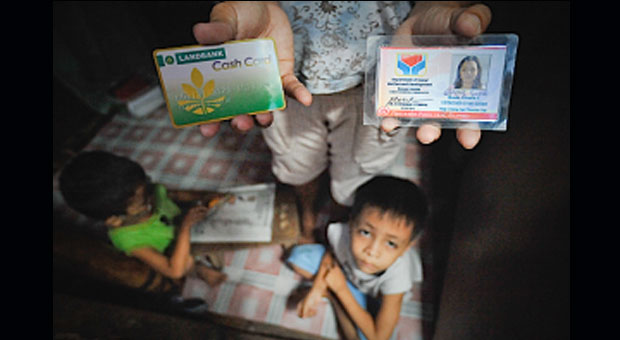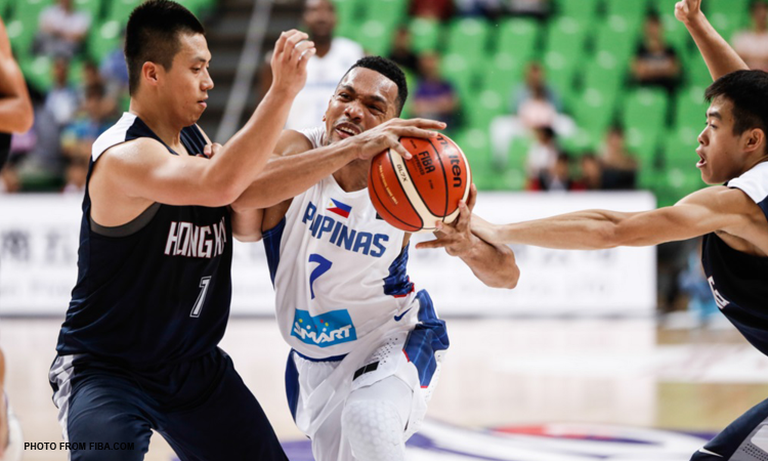New administration veers away from allied position on China’s nine-dash line
In his first cabinet meeting after taking his oath as president on June 30, Rodrigo Duterte slid into his most comfortable mode: rambling on about ways to cut red tape for the poor, setting up a 24-hour hotline for complaints that would directly come to his attention.
But Duterte was upstaged by his foreign secretary, Perfect Yasay Jr., when it came to foreign policy, an issue that might soon change geopolitics in the region and is being closely watched by the littoral nations of the South China Sea as well as the United States and the wester powers.
In 12 days, the Permanent Court of Arbitration in The Hague is expected to hand down a decision on a case the Philippines lodged in January of 2013 against China, which has claimed most of the South China Sea within its so-called nine-dash line. International legal experts expect the ruling to be favorable to the Philippines. If the Philippines wins it would send ripples across the world, with China having refused to participate in the suit and saying it would reject the ruling.
Duterte said dealing with the issue should be done with a “soft landing” because it would put the country in an “awkward position” with a giant that is China. “God knows I don’t want to declare any fighting with anybody,” he said.
He then urged Yasay to speak, flicking his wrist to check the time, perhaps unmindful that in the next few minutes the man he chose to be the country’s top diplomat was about to spill an unsettling stream of consciousness on live broadcast to a nation that has felt helpless about external defense.
In words that gave away leverage over a case that has been painstakingly undertaken by the previous administration on a diplomatic front, Yasay said he was “averse” to suggestions of taking a strong stand against China. His briefings with foreign diplomats “especially those who are concerned about ensuring freedom of navigation and maritime security … would like for us to make stronger statements” if the ruling would come to the side of the Philippines.
“I told them in no unmistakable terms that the first thing we will do is to study its implications and ramifications,” he said, seated among cabinet members at a long table under sparkling chandeliers in the presidential palace. No one stopped him from carrying on, not even the president. He spoke as if the subject at hand has not been scrutinized many times over, and hinted that winning may not even be a problem.
He said the international community’s concern is “simply keeping that disputed area free for navigation” – words that imply he may not have had a closer look at the map, where the country stands as an archipelago smack in the middle of the action. “They’re doing this to pursue their own interests including America which is both economic and military.” He did not say where the Philippine national interest lay.
And just as he had said enough, he then pursued a slightly indifferent tone towards the United States – again without naming it – an ally for decades and with whom the Philippines signed an agreement that was approved by the Philippine Supreme Court for wider defense capability. The claims made before the international court, he said, “[do] not kick into play the mutual defense agreement, but the bottom line is, what will happen if the decision is in our favor?
‘What if in the face of these circumstances China will dig in and put us to a test? They will disallow again our fishermen to fish in Scarborough Shoal.”
At which point the broadcast went dead. It stopped like a curtain falling. President Duterte’s inauguration is supposed to start the unorthodox changes he has promised to end crime and corruption. In the case of the South China Sea, he said once in his campaign that he would get on a jet ski and plant a Philippine flag there.
He later suggested holding bilateral talks with China with whom relations have been frozen since it took control of Scarborough Shoal, which is part of the Philippines’ exclusive economic zone off the northeast of Luzon, in April 2012. The case filed by the Philippines in the aftermath has angered China, which called former President Benigno Aquino’s government a troublemaker.
President Duterte has projected an image of a maverick, although his stand on China appears to consider options that some analysts suggest would renew ties in exchange for monetary gains the country needs to build infrastructure. There had been talk of building a railway from the island of Mindanao, where President Duterte was mayor of Davao City for decades, to the capital in the main island of Luzon.
The other school of thought, as Aquino chose, prefers the international courtroom as the battlefield for rule of law. Supreme Court Justice Antonio Carpio, who leads a personal crusade on the weight of the arbitration, was keen on the outcome because the Philippines didn’t have what it takes to fight China’s military might. He predicted an “intergenerational war,” saying there will be no world policeman that would throw China out even if the Philippines wins. “We just have to be creative about it.” – Asia Sentinel













